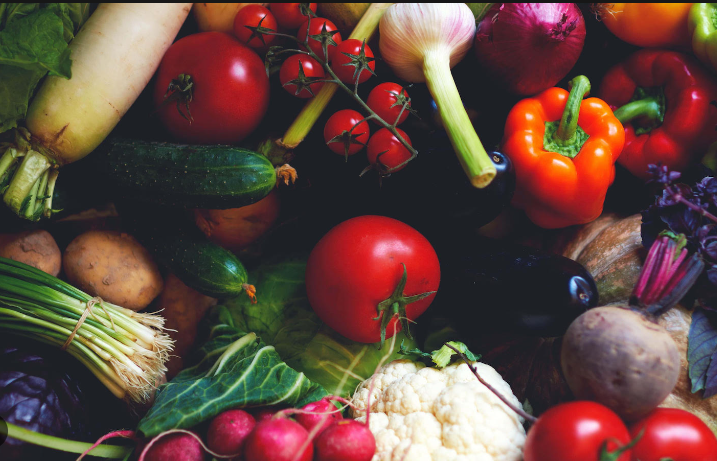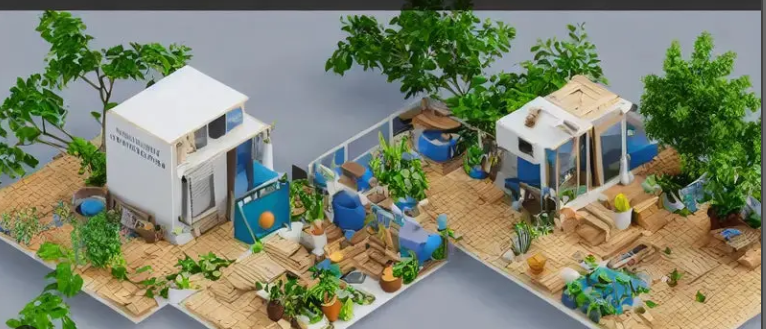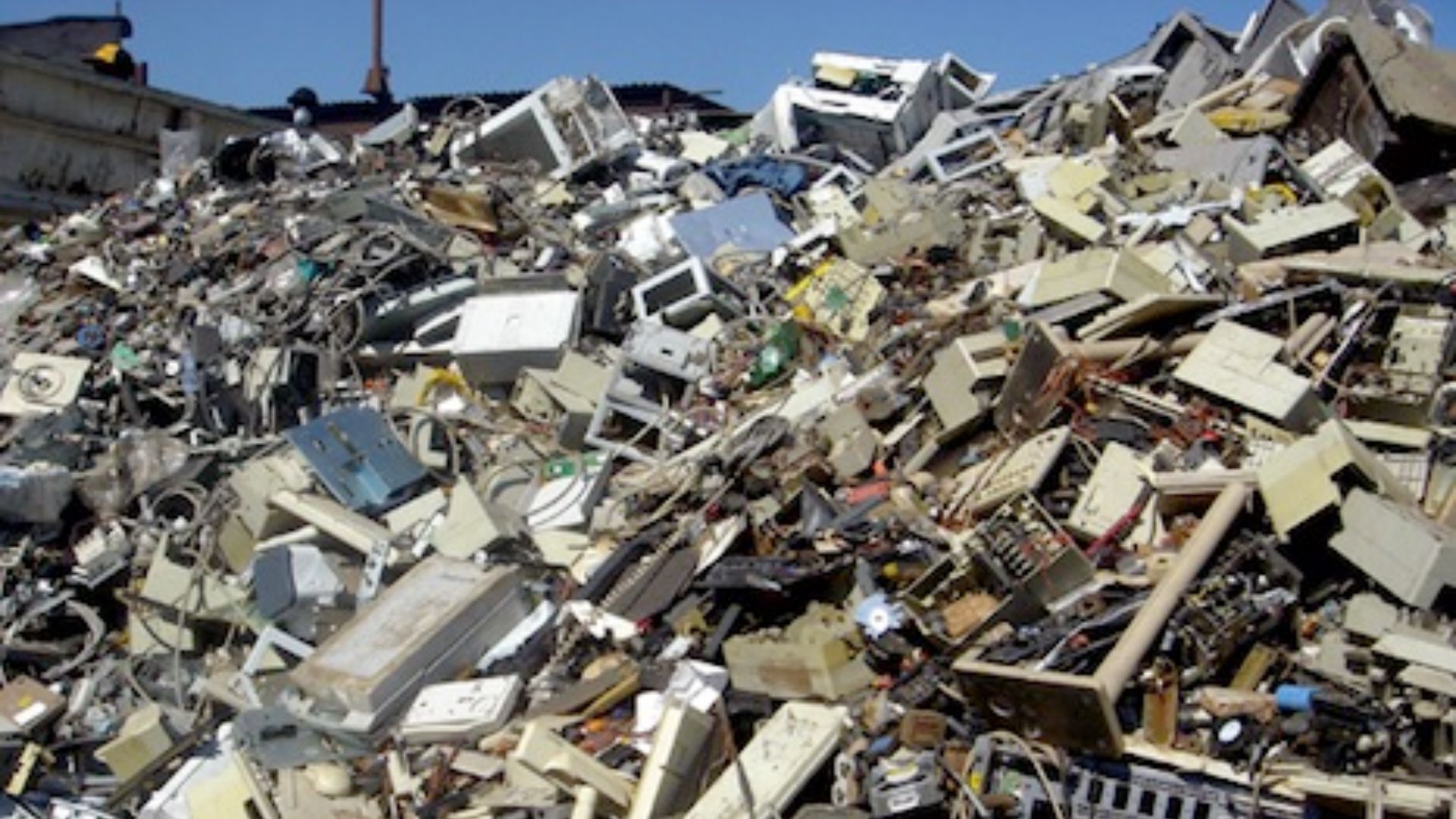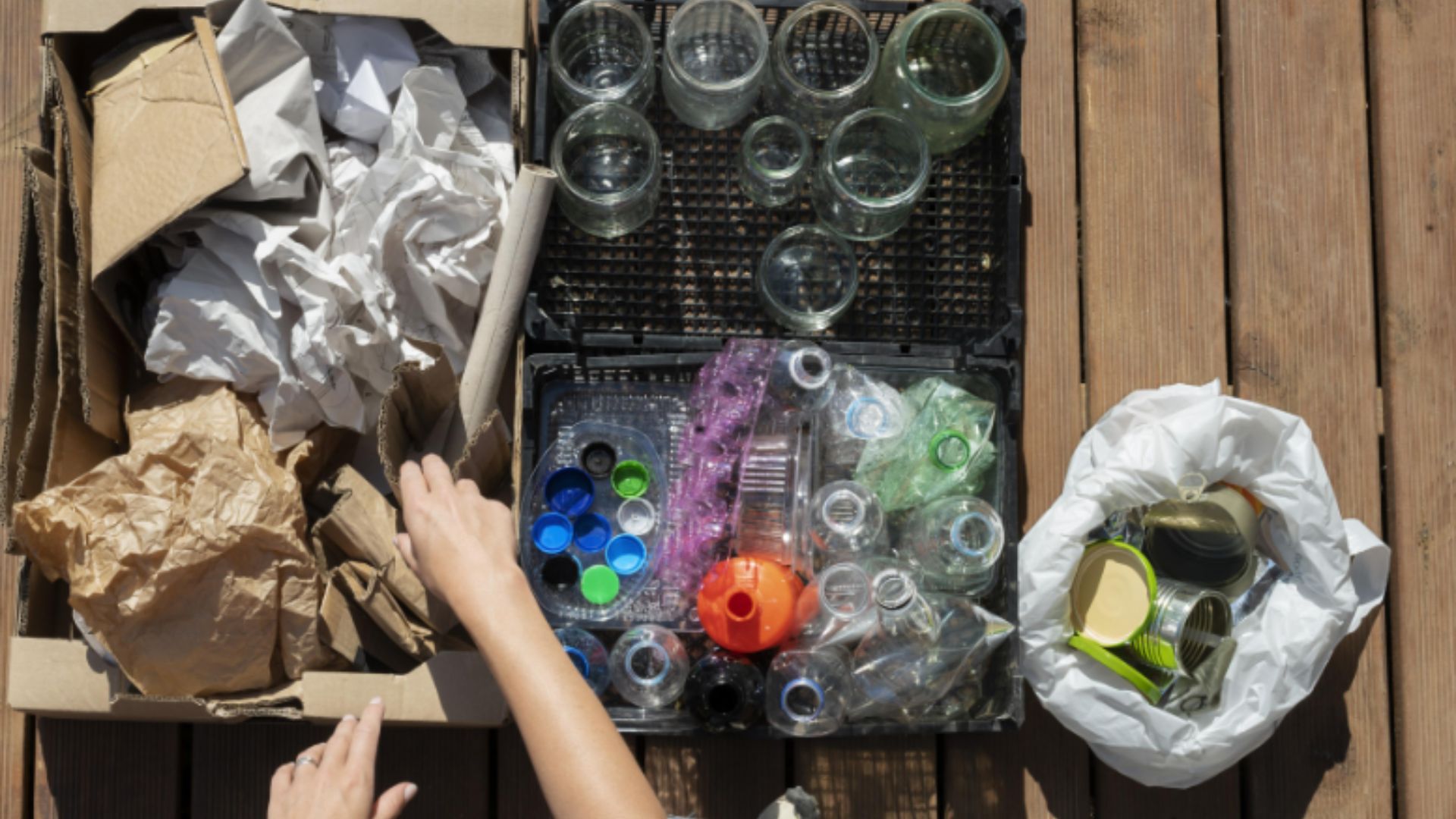Our planet is groaning under the weight of excessive waste. Landfills are overflowing, and plastic pollution is a growing threat. But there is hope! By embracing zero waste living, you can significantly reduce your garbage output and contribute to a more sustainable future. This blog post explores practical, zero waste tips that anyone can implement to make a difference, one step at a time.

Rethink Your Relationship with Plastic
Plastic is a major contributor to waste. The first step towards zero waste living is to rethink your relationship with plastic. Carry reusable shopping bags, opt for glass or metal containers instead of plastic ones, and choose products with minimal plastic packaging. Invest in a reusable water bottle and coffee mug to eliminate single-use disposables. Remember, every small step counts!
Embrace the Power of Reusables
Zero waste living encourages replacing disposable items with reusables. Instead of paper towels, switch to washable cloth towels. Invest in reusable food wraps instead of cling film. Ditch the plastic straws and cutlery when dining out – carry your own set! These simple swaps significantly reduce your waste footprint.
Master the Art of Meal Planning and Shopping
Food waste is a significant problem. To minimize it, practice meal planning and create a grocery list based on your needs. This reduces impulse purchases and helps you avoid food spoilage. When shopping, prioritize loose fruits and vegetables over pre-packaged options with excessive plastic wrapping. Additionally, consider buying in bulk to reduce packaging waste.
Get Creative with Leftovers and Composting
Food scraps are valuable resources! Instead of throwing them away, transform them into delicious leftovers or use them for composting. Soups, stews, and stir-fries are excellent ways to give leftover vegetables a new life. If you have access to a backyard or community composting program, composting food scraps is a fantastic way to create nutrient-rich soil for your garden.
Befriend Your Local Farmers Market
Zero waste living often involves supporting sustainable practices. Farmers markets offer fresh, locally-sourced produce with minimal packaging. This not only reduces waste but also supports local farmers and fosters a more sustainable food system. Additionally, you might find vendors offering products like reusable produce bags or package-free options.
Give New Life to Old Clothes and Belongings
Fast fashion and a throw-away culture contribute to waste. Consider buying second-hand clothes or swapping unwanted items with friends. Instead of discarding old clothing, mend or upcycle them into something new! The same applies to other belongings – be resourceful! Try to repair broken items before replacing them, and consider donating unwanted items in good condition.
Embrace the Power of DI
Many household products come with excessive packaging. Explore the world of DIY (Do It Yourself)! Make your own cleaning solutions with natural ingredients like vinegar and baking soda. Create your own laundry detergent or hand soap using readily available ingredients. Not only does this reduce packaging waste, but it also allows you to control the ingredients and avoid harsh chemicals found in commercially produced products.
Be an Advocate for Change
Zero waste living is a journey, not a destination. Start small, celebrate your progress, and don’t be discouraged by setbacks. As you adopt these practices, encourage others to join the movement. Talk to your family and friends about your zero-waste journey and inspire them to make changes. You can also support businesses committed to sustainable practices and advocate for policies that promote waste reduction and recycling.
Zero waste living is a way of life that prioritizes reducing waste through responsible consumption and resource management. By incorporating these simple tips into your daily routine, you can make a significant contribution to a healthier planet and a more sustainable future. Remember, every action, no matter how small, has the power to create positive change.



